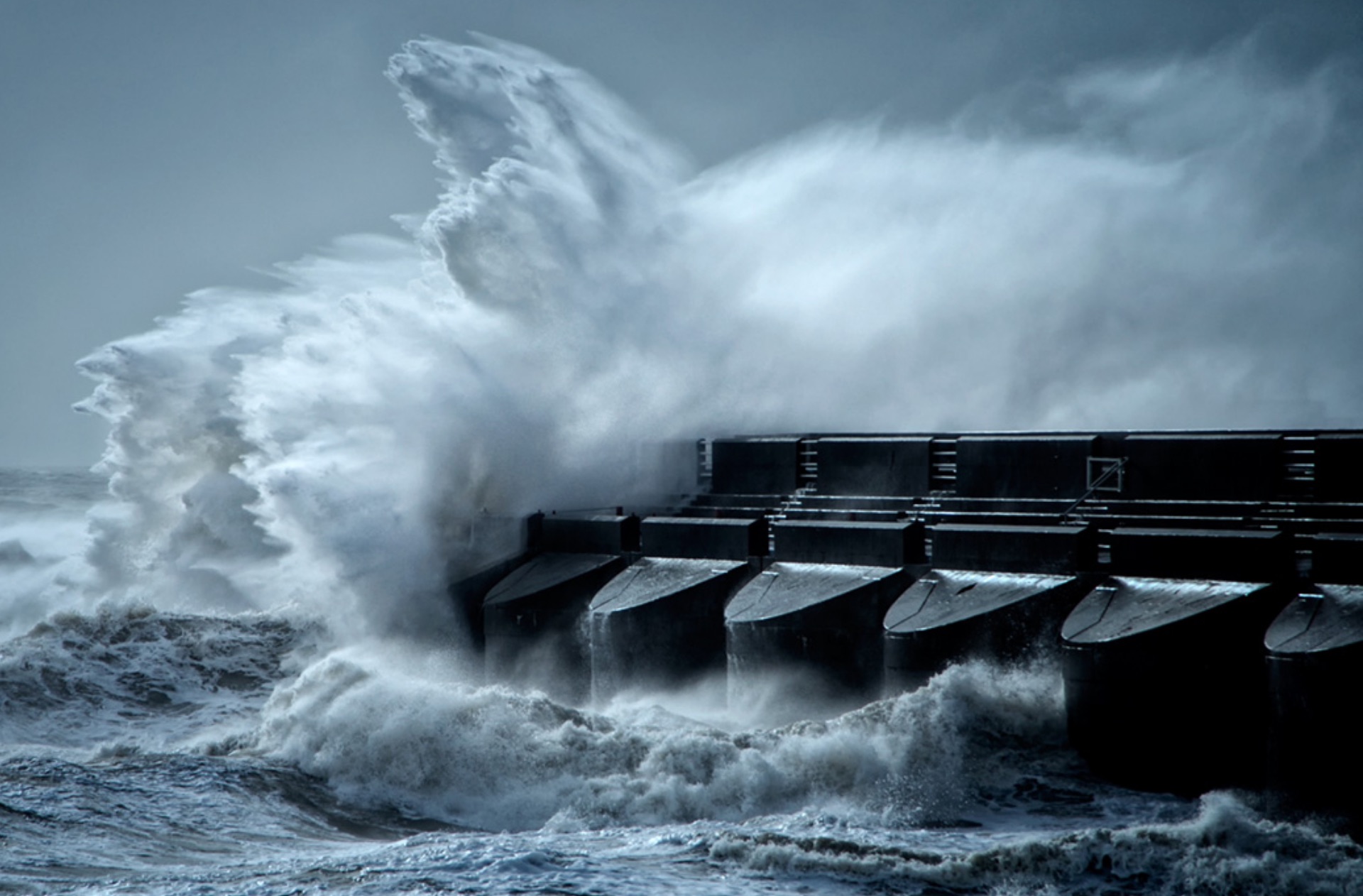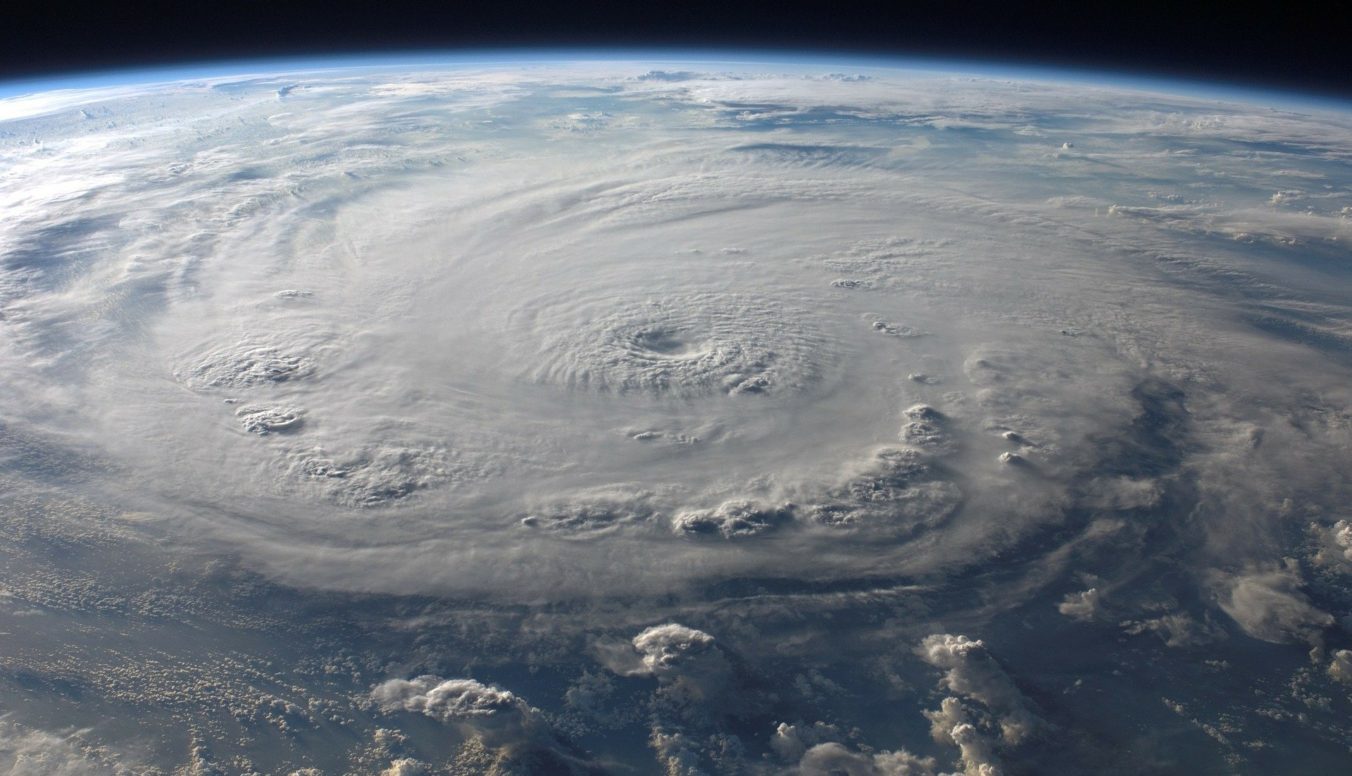On Monday, Working Group 1 (WG1), which focuses on physical climate change, released its portion of the sixth assessment report (AR6) of the Intergovernmental Panel on Climate Change (IPCC). The IPCC was created in 1988 by the United Nations Environment Programme and the World Meteorological Organization (WMO) and has 195 member countries.[1]
The first assessment report of the IPCC was published back in 1990, when climate models were much less advanced. It that human-caused climate change would soon become evident but could not yet confirm that it was already happening.”[2] This week’s publication emphatically states that “climate models can only reproduce the observed warming when including the effects of human activities, in particular the increasing concentrations of greenhouse gases.”2 Essentially, the 234 scientists found that climate change is unequivocally driven by human’s greenhouse-gas emissions.
In contrasting current warming with historical climate change, the report states that:
- The world is now warming almost everywhere
- Warming is occurring rapidly
- Warming has reversed a long-term cooling trend
- Such warming has not been seen for thousands of years2

The message of the IPCC further underpins why we are so focused on climate. Advisors must understand climate science and climate risk, along with the opportunities for mitigation and adaptation, in order to optimally serve their clients across all their investment and wealth management needs.
Owing to existing global warming limiting warming to the 1.5°C goal of the Paris Agreement is looking less-and-less achievable. In fact, the authors of AR6 “believe that 1.5°C will be reached by 2040 in all scenarios.”[3]
But even though the prognosis is poor, “warming is likely to more or less stop once CO2 emissions reach net-zero, while net-zero GHGs would actually cause global temperatures to fall slightly.”[4] The scientific community is “hopeful that if we can cut global emissions in half by 2030 and reach net-zero by the middle of this century, we can halt and possibly reverse the rise in temperatures.”[5]
We have technologies and practices at our disposal, but “is truly our last chance.”[6]
_________________________________
[1] https://www.ipcc.ch/ [2] https://www.ipcc.ch/report/ar6/wg1/downloads/faqs/IPCC_AR6_WGI_FAQs.pdf [3] https://www.bbc.com/news/science-environment-58130705 [4] https://www.carbonbrief.org/in-depth-qa-the-ipccs-sixth-assessment-report-on-climate-science [5] https://www.bbc.com/news/science-environment-58130705 [6] https://www.bloomberg.com/news/features/2021-08-09/ipcc-report-human-caused-climate-change-unequivocal?sref=7VC7pYOU


